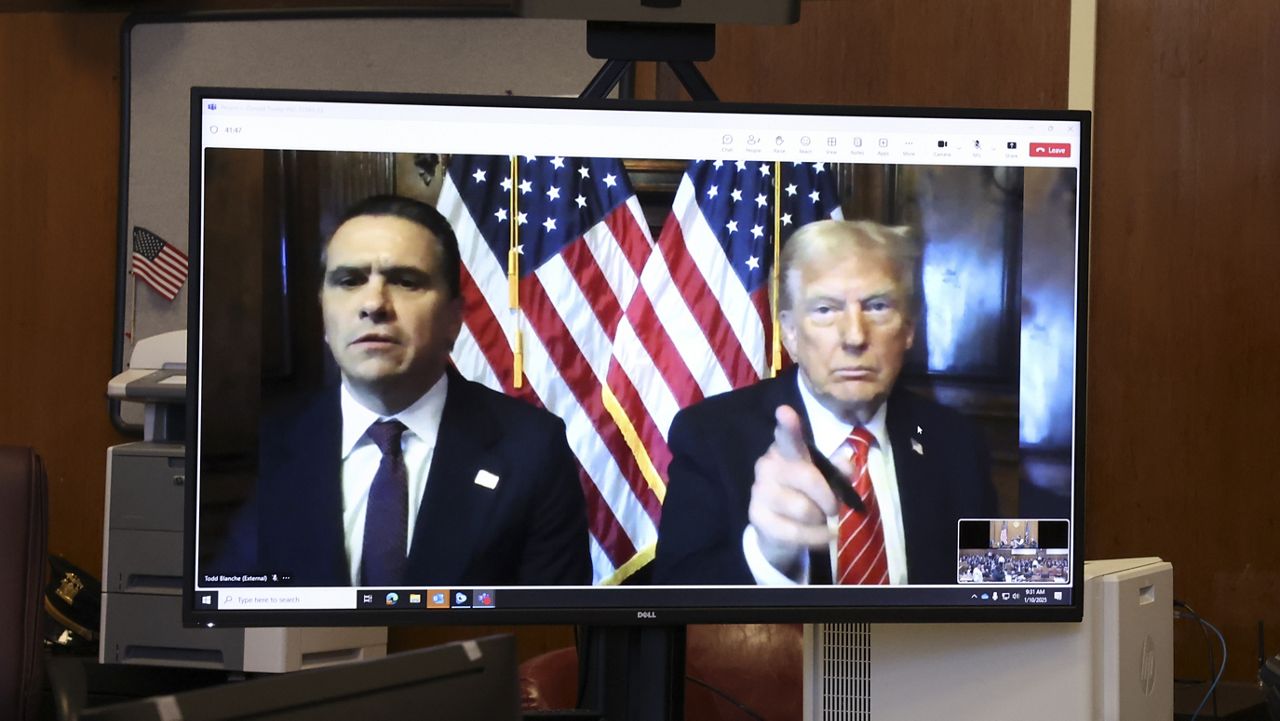While President Joe Biden would "certainly support a study of reparations,” the White House would not yet commit to signing legislation or executive actions to do so, White House press secretary Jen Psaki said Wednesday.
Both Biden and Vice President Kamala Harris have thrown their weight behind reparations commissions in the past. During his presidential campaign, Biden similarly pledged to “support a study of reparations,” but did not specify what form that study might take.
Psaki largely reiterated Biden’s previous comments on Wednesday, telling reporters in part: “He’s supported a study of reparations, which I believe is what is being discussed, and studying the continuing impacts of slavery” across the country.
The question came as the topic of reparations is once again in the national spotlight in the wake of a global reckoning on racial injustice. Earlier Wednesday, a subcommittee of the House Judiciary Committee heard debate on H.R. 40, a bill that aims to “establish a commission to study and consider a national apology and proposal for reparations for the institution of slavery.”
Iterations of the legislation have been floated in Congress for over 30 years, often introduced by the late Rep. John Conyers (D-MI), but the bill has never made it to the president’s desk.
With Democrats now in control of the House and Senate, the chances of the bill’s passage have increased slightly. In early January, Rep. Sheila Jackson Lee (D-TX) introduced the bill to the 117th Congress, and on Wednesday delivered a full-throated defense of the legislation to her House colleagues.
“Hidden in the corners of this nation, are those of African American heritage, descendants of enslaved Africans, who have felt the sting of disparity,” Rep. Jackson Lee said. “They continue to feel that sting.”
The bill would create a 90-day commission — which, under the law’s current language, would be appropriated $12 million — tasked with studying the lasting impact of slavery across the United States, taking into account the “historic and continued” discrimination facing Black Americans. At the end of three months, the committee members would make “recommendations to the Congress on appropriate remedies.”
Psaki on Wednesday demurred when asked if Biden would sign the bill should it come across his desk, saying he will “see where Congress moves on that issue.” Psaki did say the president has demonstrated his commitment to “comprehensive action to address the systemic racism that persists today,” pointing to the executive order Biden signed on his first day in office as evidence.
The order in question aims to increase equity across the federal government by requiring all agencies to review whether their policies “perpetuate systemic barriers” to people in underserved groups. The language includes Black, Latino, Indigenous, Native American, Asian Americans, members of religious minorities, members of the LGBTQ community, and persons with disabilities as those in aforementioned underserved groups.
The order notably does not include a provision specifically addressing reparations.









